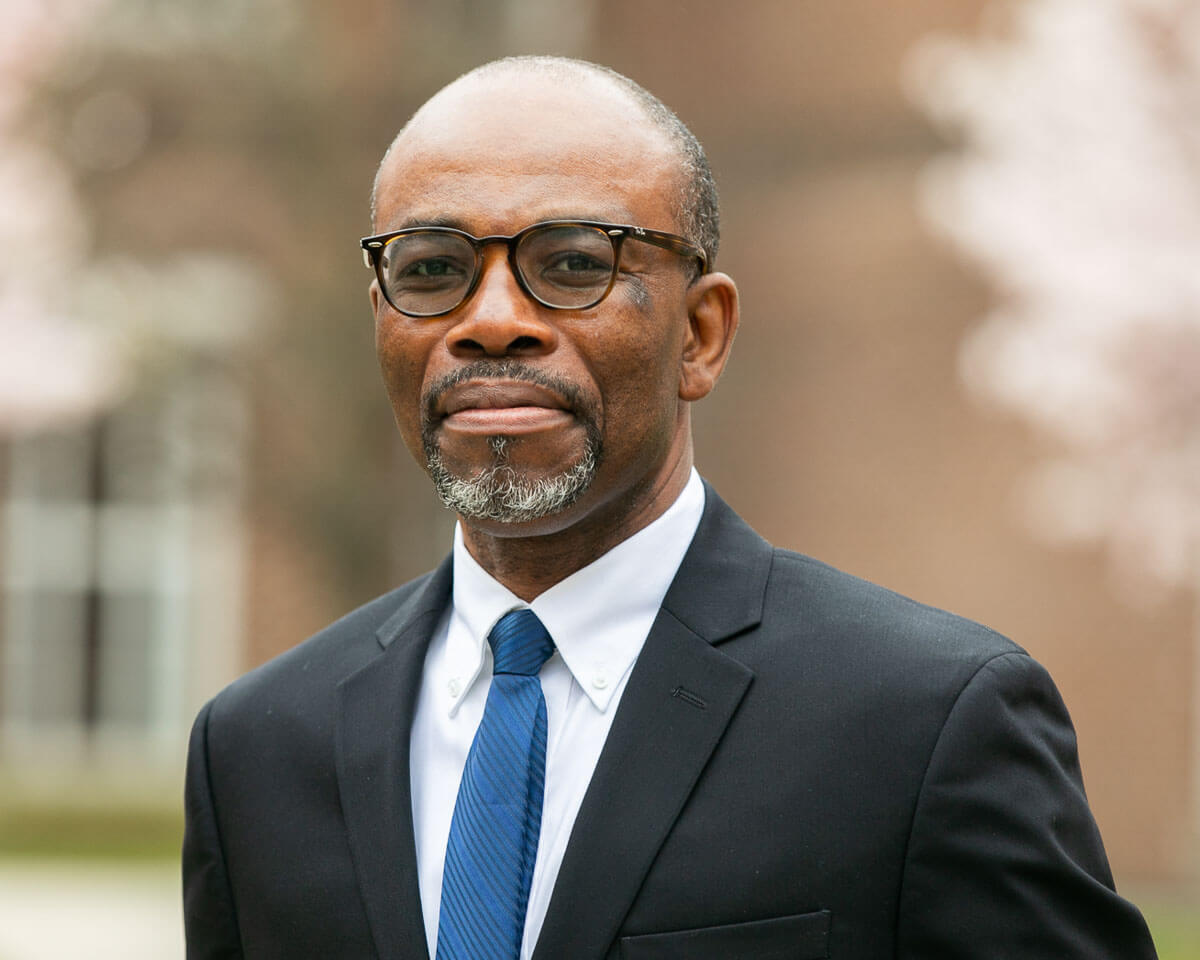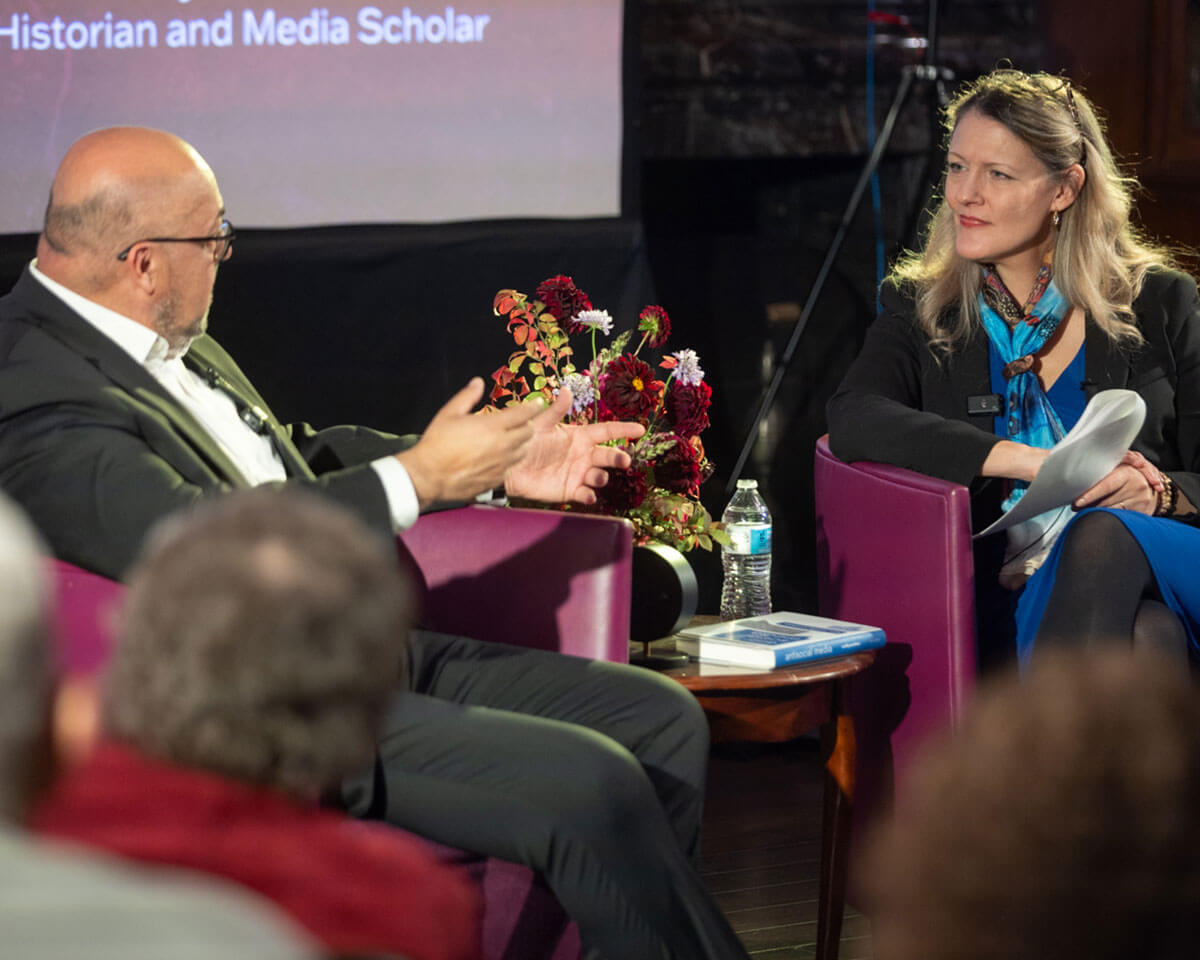One recent morning, Jean Eddy Saint Paul was listening to the public scholar/media personality Melissa Harris-Perry on her WNYC show discussing with a guest the problem of hunger in Haiti. He was bothered.
“If I was the guest on that show,” says the sociology professor, shaking his head, “I would explain the impact of neocolonialism, starting from the presidency of Jimmy Carter. We cannot understand the problem of famine in Haiti if we do not analyze what imperialism did to destroy the creole pig. Before this time, Haiti did not have a problem with hunger.”
The indigenous invertebrates, which were hugely popular with Haitian farmers because of how well adapted they were to local conditions, were slaughtered in the late 1970s and early 1980s after a coalition led by the United States Agency for International Development grew concerned that an outbreak of African Swine Fever would make its way to the country.
“Every time I am reading or watching the news, even the so-called progressive news, there has always been some missing part,” he says.
Saint Paul, who first came to Brooklyn College in 2016 as the founding director of the CUNY/Haitian Studies Institute, has made it his mission to fill in the gaps in the popular media narrative around Haiti. This last year—a presidential assassination, a 7.2 magnitude earthquake, a rise in high-profile kidnappings, and a general uptick in violence have kept the island nation in the headlines—he has been working overtime.
In The Conversation, a creative commons media outlet written by academics, he explained why he had predicted the assassination. On NPR and in The Christian Science Monitor, he, untangled the roots of Haiti’s international debt. In the Los Angeles Times, he connected last fall’s Haitian migrant border crisis to the Haitian Revolution. And in Vox, he broke down the prospect of long-term stability in the island nation. In short, Saint Paul has been relentless. He’s hit the academic circuit as well, giving lectures at Harvard, Cornell, and Pittsburgh universities, doing an interview with the Library of Congress, and publishing in the prestigious Georgetown Journal of International Affairs.
“I got my Ph.D. to spread knowledge and I am committed to the truth,” he says.
Saint Paul got his first true scholarly inklings when he was a college librarian in Haiti while working on his undergraduate degree in social work. “Every weekend, I would lock myself inside that library. I think I read everything we had,” he says. “It changed the way I saw myself.”
Books by Brazilian philosopher and sociologist Paulo Freire—“someone who used education as a means of social transformation,” he says—and political theorist Saul Alinsky were some of his favorites.
Saint Paul would go on to Bogota, Colombia, to obtain a master’s degree in Latin American Studies and then to Mexico for a Ph.D. in sociology. He then became a tenured professor at the University of Guanajuato in Mexico, teaching politics and sociology and helping to launch three different undergraduate and graduate political science, law, and public administration programs before coming to Brooklyn College.
The multilingual scholar says that his multidisciplinary training and academic perch compel him to spread a balanced view.
“What is my mission? I don’t know yet exactly to what extent I will fulfill it,” he says. “But I have an intellectual commitment and a spiritual commitment to help people understand what happened to Haiti.”
Return to the BC Magazine



